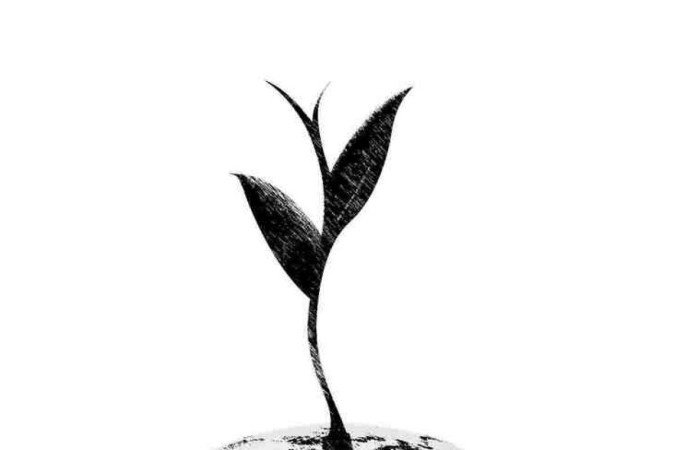RUY ALTENFELDER Curator of the Fundação Bunge . Awards Ceremony
Published on 11/17/2021 00:01

(credit: Maurenilson Freire)
Containing global warming, the effects of which we are feeling today, is the greatest challenge for future generations. To reduce environmental disruption, we will need less polluting fuels, new agricultural technologies, and new energy sources. We will have to devise more sustainable urban, economic and social models. We are at the forefront of a complete realignment of global production chains and our own way of life, challenges that will only be overcome based on new knowledge and new technologies.
Therefore, investing in education and science has never been more important. Scientific progress and social progress have always been two closely related phenomena, but it is now observed that the very survival of the human race is at stake. Societies that value science are those that have the best chances of finding solutions to the great challenges of this century.
The COVID-19 pandemic has provided a glimpse into this. Thanks to science, we were able to map the evolution of the virus and develop vaccines in record time, which significantly reduced the number of deaths and provided a way out of the epidemic.
Investing in science is not an expense, but a gamble on the future. In the medium and long term, no application yields as much return, including financial returns, as evaluating the work of scientists. Innovative technologies can become billionaire companies, in addition to being crucial, as we have seen, to building the sustainable present for all of humanity.
It was this vision of the world that prompted Bunge to create the Fundação Bunge, 66 years ago, to recognize people and their knowledge, and the Fundação Bunge Award to honor and encourage outstanding contributions to Brazilian science. The award reaches its 65th edition and is more relevant than ever, as evidenced by the works awarded in 2021.
In the field of biological, environmental and health sciences, works related to the prevention of infectious diseases were selected. The winner in the “Life and Work” category was Professor Ricardo Gazzinelli, President of the Brazilian Society of Immunology, Professor at the Federal University of Minas Gerais (UFMG), researcher at the Oswaldo Cruz Foundation (Fiocruz) and co-founder of the UFMG-Fiocruz Vaccine Technology Center Foundation. In the “Youth” category, the winner was Thiago Mendes, Professor at the Department of Biochemistry and Molecular Biology at the Federal University of Vicosa, a young researcher distinguished for his work in the fight against disease.
It has also been thought of professionals from agricultural sciences. In “Vida e Obra”, the winner was agronomist Eduardo Asaad, researcher at Embrapa Informática Agropecuária and Professor at Fundação Getulio Vargas (FGV). The ‘Youth’ award went to Fabiani Bender, Postdoctoral Fellow in Science at Esalq/USP and member of the National Center for Natural Disaster Monitoring and Warning (Cemaden). Both research the effects of climate change on food production.
Professionals like these are looking for solutions to some of the biggest challenges of our time. It is necessary to appreciate their work, especially when considering that Brazil is considering reducing the general budget allocated to scientific research, setting itself against the trend of developed countries. In the face of increasingly complex environmental, social, and health problems, we unfortunately still have difficulty seeing the world’s work as essential to national development and even our survival.
Investing in science is ensuring that we can meet the great challenges that this century holds. The sooner we learn this lesson, the better our chances of building a prosperous and sustainable future for all Brazilians.

“Wannabe internet buff. Future teen idol. Hardcore zombie guru. Gamer. Avid creator. Entrepreneur. Bacon ninja.”
